Excerpts from an article in today’s U.S. Centers for Disease Control Morbidity and Mortality Weekly Report.
On April 20, 2010, the Colorado Department of Public Health and Environment (CDPHE) was notified by correctional authorities regarding three inmates with bloody diarrhea at a minimum-security correctional facility. The facility, which houses approximately 500 inmates, is a designated work center where inmates are employed or receive vocational training. Approximately 70 inmates work at an onsite dairy, which provides milk to all state-run correctional facilities in Colorado. CDPHE immediately began an investigation and was later assisted by the High Plains Intermountain 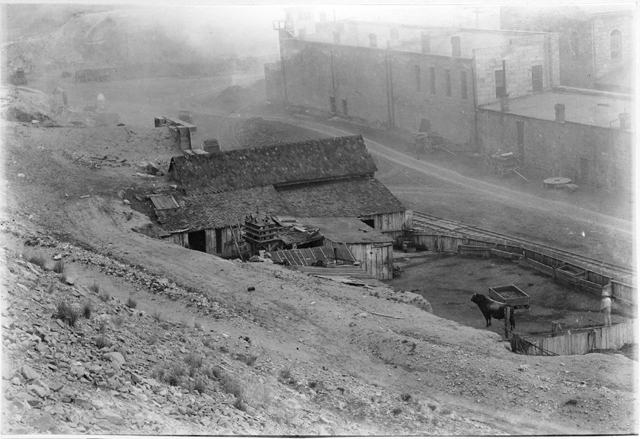 Center for Agricultural Health and Safety at Colorado State University and by CDC. This report describes the results of the investigation, which determined that the illnesses were caused by Shiga toxin–producing Escherichia coli O111 (STEC O111) infections.
Center for Agricultural Health and Safety at Colorado State University and by CDC. This report describes the results of the investigation, which determined that the illnesses were caused by Shiga toxin–producing Escherichia coli O111 (STEC O111) infections.
During April–July, 2010, 10 inmates at the facility received a diagnosis of laboratory-confirmed STEC O111 infection, and a retrospective prevalence study of 100 inmates found that, during March–April, 14 other inmates had experienced diarrheal illness suspected of being STEC O111 infection. Pulsed-field gel electrophoresis (PFGE) testing indicated that STEC O111 isolates from inmates matched STEC O111 isolates from cattle at the onsite dairy. An environmental investigation determined that inmates employed at the dairy might have acquired STEC O111 infection on the job or transported contaminated clothing or other items into the main correctional facility and kitchen, thereby exposing other inmates. To prevent similar outbreaks in correctional facilities, authorities should consult with public health officials to design and implement effective infection control measures.
CDPHE staff also inspected the correctional facility’s kitchens and living areas and identified the following conditions conducive to STEC O111 transmission: poor adherence to standard food-service protocols and hygiene practices, including food handlers working while ill with diarrhea; inconsistent availability of hand soap throughout the facility; dairy employees wearing soiled work clothes into the kitchen and living areas; and transport of potentially fecally contaminated lunch coolers and water containers from the dairy into the kitchen.
CDPHE hypothesized that the outbreak was associated with environmental contamination and propagated by person-to-person transmission, possibly through food preparation. On learning of these results, the correctional facility immediately implemented the following public health recommendations: 1) prohibiting potentially contaminated material (e.g., lunch coolers, water containers, and work clothing from the dairy) in the kitchen area, 2) excluding from work all food handlers reporting diarrheal illness since April 1, 3) requiring food handlers with a confirmed STEC O111 test result to have two consecutive negative stool specimens before returning to work, and 4) limiting transfers of inmates to other facilities until they were cleared by the medical staff.
The complete report is available at: http://www.cdc.gov/mmwr/preview/mmwrhtml/mm6109a1.htm?s_cid=mm6109a1_x
 The Auckland-based company has completed audits of 75 per cent of its plants globally and has embarked on necessary improvements and maintenance where needed, put in place protocols to engage external scientific and diagnostic resources and written food and safety quality into all senior management employment contracts, it said in a statement. It’s also set up an incident management team, created a food safety and quality council, and appointed Greg McCullough as head of food safety and quality.
The Auckland-based company has completed audits of 75 per cent of its plants globally and has embarked on necessary improvements and maintenance where needed, put in place protocols to engage external scientific and diagnostic resources and written food and safety quality into all senior management employment contracts, it said in a statement. It’s also set up an incident management team, created a food safety and quality council, and appointed Greg McCullough as head of food safety and quality.
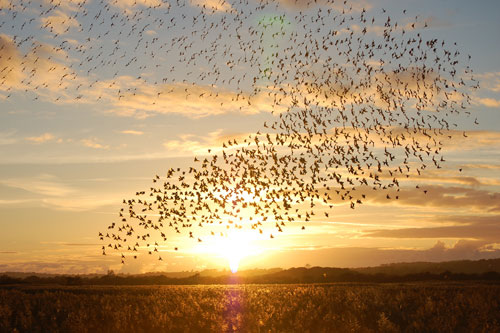 He fears the droppings may also result in salmonella in his cattle’s dairy milk.
He fears the droppings may also result in salmonella in his cattle’s dairy milk.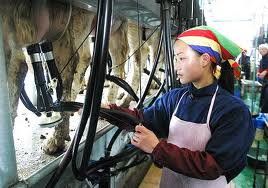 production to bring themselves into compliance, said administration spokesman Li Yuanping in comments reported on its website.
production to bring themselves into compliance, said administration spokesman Li Yuanping in comments reported on its website..jpg) future health of his grandchildren, although that kind of discussion wouldn’t go very far (even though several of the outbreaks involve raw goat’s milk).
future health of his grandchildren, although that kind of discussion wouldn’t go very far (even though several of the outbreaks involve raw goat’s milk).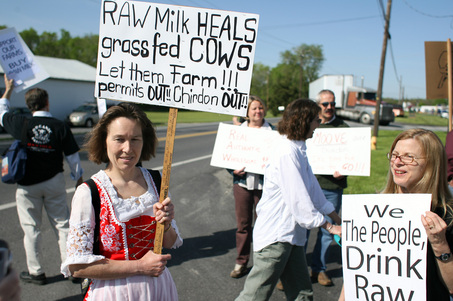 better used elsewhere, and take up time in the Supreme Court of B.C. by asking judges to set aside a 2010 court order that prohibits her from producing and packaging unpasteurized dairy products.
better used elsewhere, and take up time in the Supreme Court of B.C. by asking judges to set aside a 2010 court order that prohibits her from producing and packaging unpasteurized dairy products.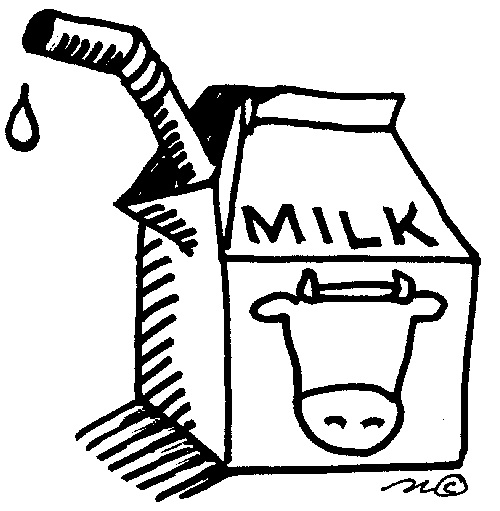 Feldkamp said Wednesday.
Feldkamp said Wednesday.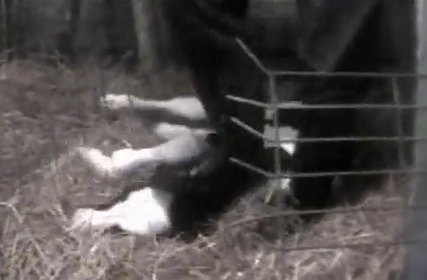 of cruelty to animals after a welfare group released a video it says shows him and others beating cows with crowbars and pitchforks.
of cruelty to animals after a welfare group released a video it says shows him and others beating cows with crowbars and pitchforks.